Yuqi Tian
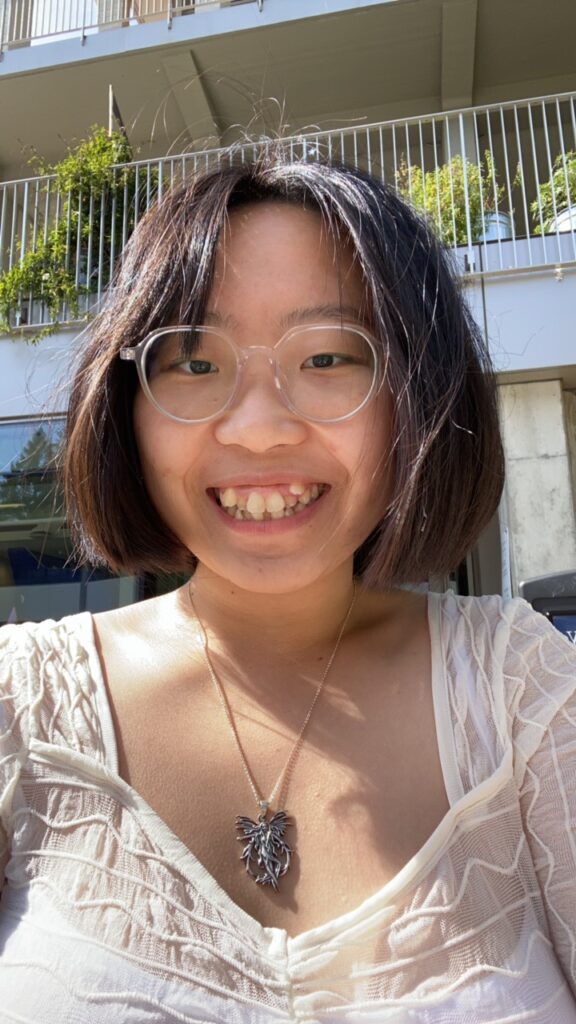
How do we form imaginations of a city? How do we consider technological production through questions of place and space? What does literature tell us about the function of geo-locating methods and virtualities in our everyday life? My project examines Italo Calvino’s Invisible Cities through theories in literary cartography, urban geography, and new media and asks how we can imagine urban futures with the incorporation of mobile phones and digital mapping technologies. Calvino’s book provides various ways in which a city and its experience can be, but he also reconsiders […]
Mario Varo
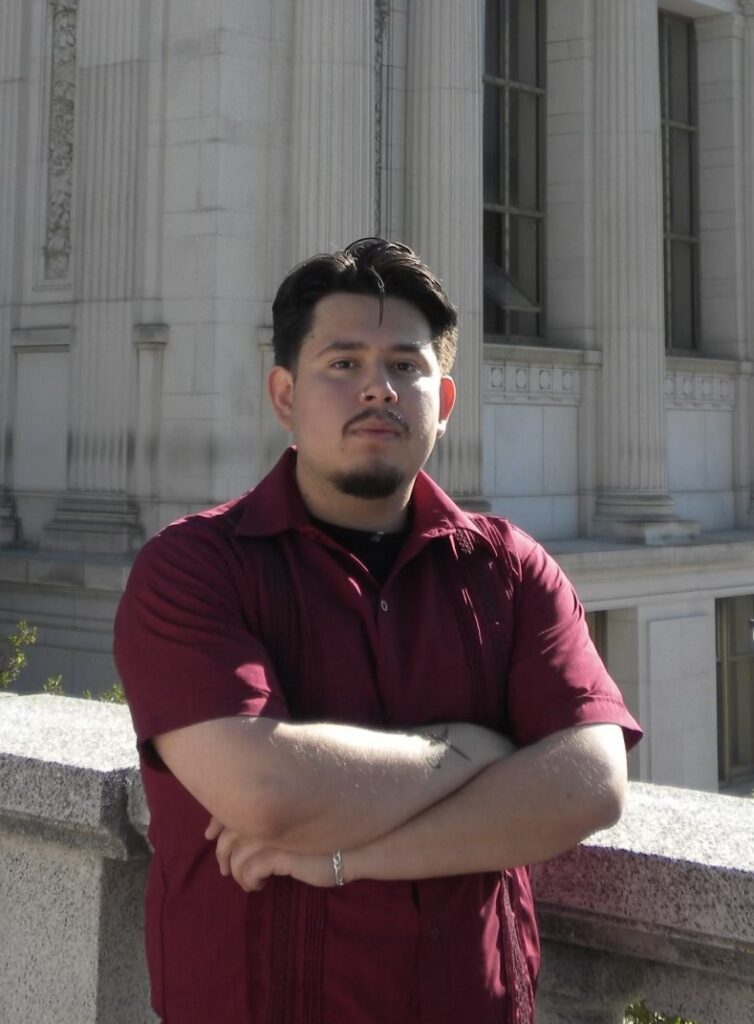
Deportation is a significant concern in areas of the United States with sizable amounts of low-income immigrant communities, such as the San Francisco Bay Area. Masses of detained migrants do not have access to legal representation, which previous studies have linked to lower removal rates. In an effort to address this issue, pro bono legal representation plays a vital role for low-income migrants by providing them with free or reduced-cost legal assistance. While there is substantial literature on Pro Bono initiatives in other metropolitan areas, this research seeks to assess […]
Reyansh Sathishkumar
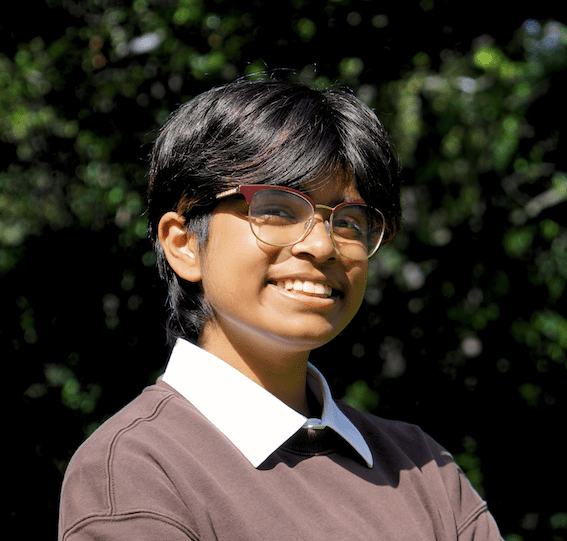
A major goal of neuroscience is understanding how the anatomical structures of the brain support and affect function, and how these structures have evolved over time and influence cognition. The cerebral cortex is organized into complex folding patterns of sulci (grooves) and gyri (ridges), which can pinpoint functional areas. For many years, researchers have been manually labelling sulci and gyri. However, as more evolutionarily new and variable sulci are defined, there are higher chances of inconsistencies in labelling criteria and labels between labs. Manual labelling of sulci is also tedious […]
Ailani Sato-Lim
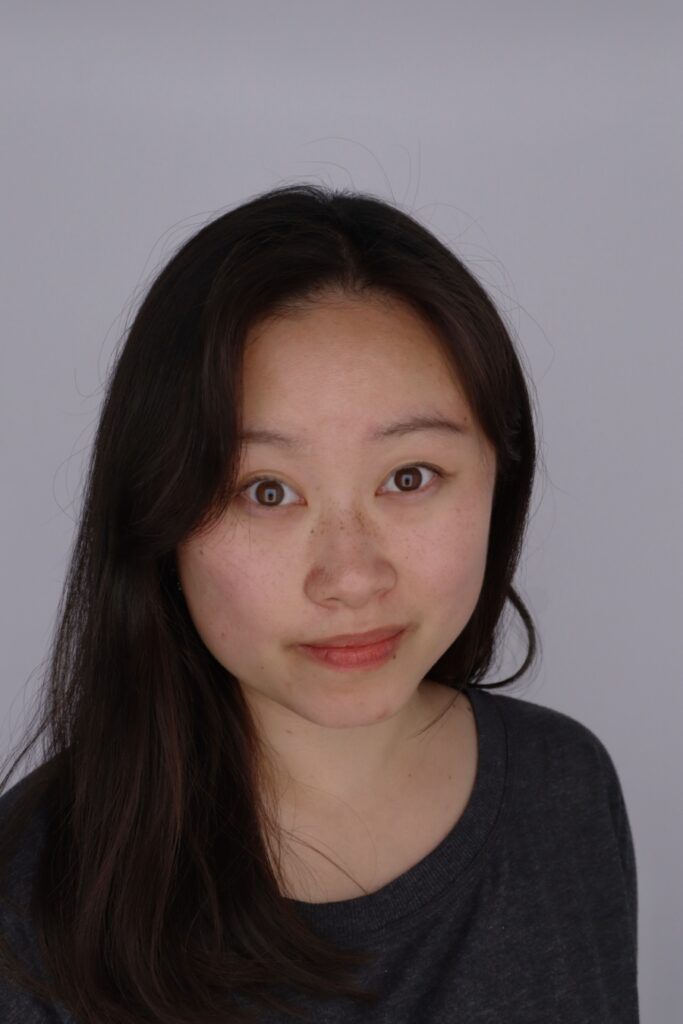
Buddhism has occupied the popular imagination in American society since the late 1800s. Yet in the crossover to the West, the discourse on Buddhist thought has been molded to suit modern US audiences, manifesting in a depiction of Buddhism as scientific, rational, and atheistic. Further, many metaphors from Christianity, Western science, and Romanticism were imposed onto English-language interpretations of Buddhist works. My project will use cognitive linguistics to examine the interaction of conceptual metaphors between Buddhist and Western discourse that occurred in the assimilation of Buddhism in the US. How […]
Claire Sawyer

Why do communities use traditional medicine? My research will investigate whether high rates of Traditional Medicine (TM) in Oceania, specifically Fiji, are due to lack of trust in modern healthcare or lack of education. Colonial and imperial histories have long contributed to hesitancy to receive healthcare, which I hypothesize catalyzes communities to shift to traditional healthcare as a reactionary measure. The study includes field research in Suva, Fiji, a postcolonial nation, where I’ll survey patients at a variety of STI Clinics and analyze their responses in order to provide a […]
Merut Shankar
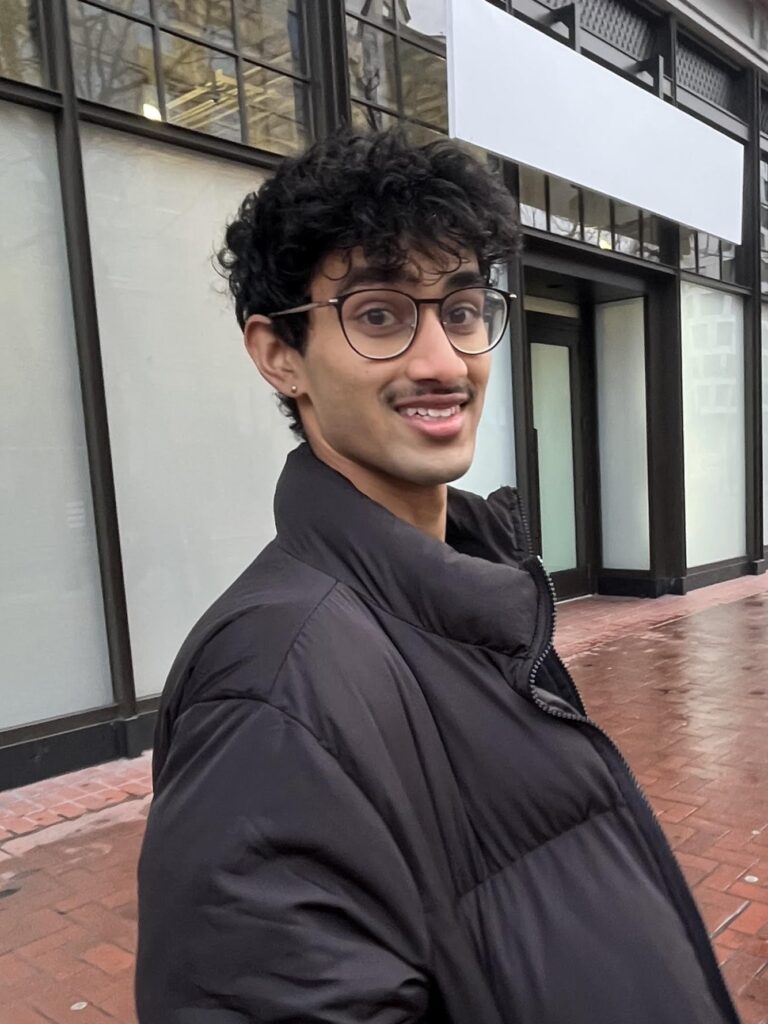
1 in 36 children are born with autism (ASD), characterized by challenges in social communication, mental cognition, and behavioral aspects. ASD is recognized to have a neurodevelopmental cause, making it crucial to study during early fetal brain development. Early ASD development remains misunderstood due to lack of a standard model. A critical transient region of early brain development is the medial ganglionic eminence (MGE), which produces most cortical interneurons (INs) that refine circuitry. My research aims to develop MGE organoids modeling in-vivo IN development of ASD, with the goal of […]
Daphne Maskrey

This research project conducts rhetorical analysis of Title IX policy to investigate its limits in the pursuit of nondiscrimination. I ask: How does the language of Title IX contribute to the discourse surrounding sex-based discrimination, and what rhetorical limitations obfuscate Title IX’s declared pursuit of nondiscrimination? Based on my firsthand experience with Title IX, I hypothesize that Title IX enacts a discursive feedback loop wherein the language around sexual harassment and sex-based discrimination self-limits in the pursuit of nondiscrimination. My project hopes to point out the limitations of Title IX […]
Beatrice Mchugh
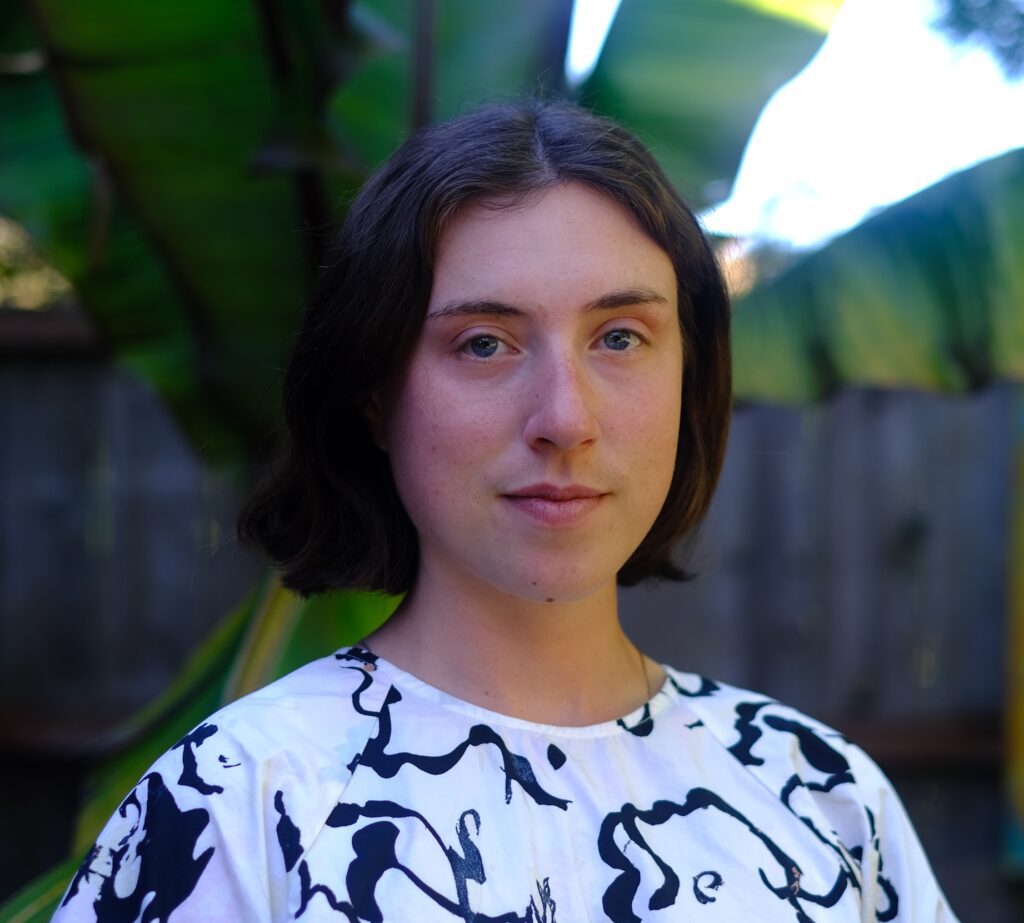
My thesis explores the aesthetic dialogue created by Nabokov in his usage and treatment of language. Through the apparent precision to which Nabokov’s language gestures, he in fact exposes the vagueness inherent in words. In doing so he facilitates the reader’s interrogation of the text as the creation of its author as well as their own subjectivity as reader, the consumer of its language. We must consider the connotative and denotative values of words; what each word has the potential to embody as well as what rifts it may expose […]
Kristie Moore
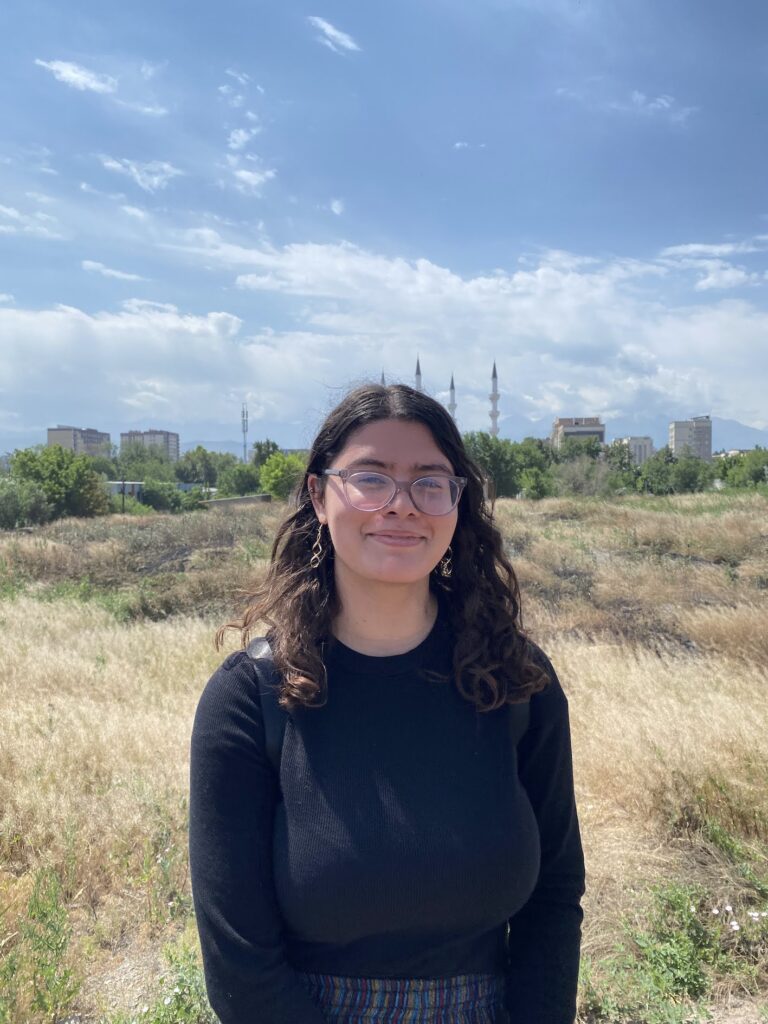
In 2010, brutal violence broke out in Southern Kyrgyzstan between ethnic Kyrgyz and Uzbeks. Preceded by decades of mistrust and conflict, this incident is one of the many manifestations of exclusionary nationality policies, discrimination, and interethnic tensions in the region that continue to plague the region today. Through interviews with young people and peacebuilding organizations in Kyrgyzstan and Uzbekistan–specifically in the cities of Bishkek, Osh, and Tashkent, my research seeks to understand perspectives on multiculturalism, diversity, and interethnic relations. It will specifically consider how young people make sense of government […]
Fiona R. Murphy
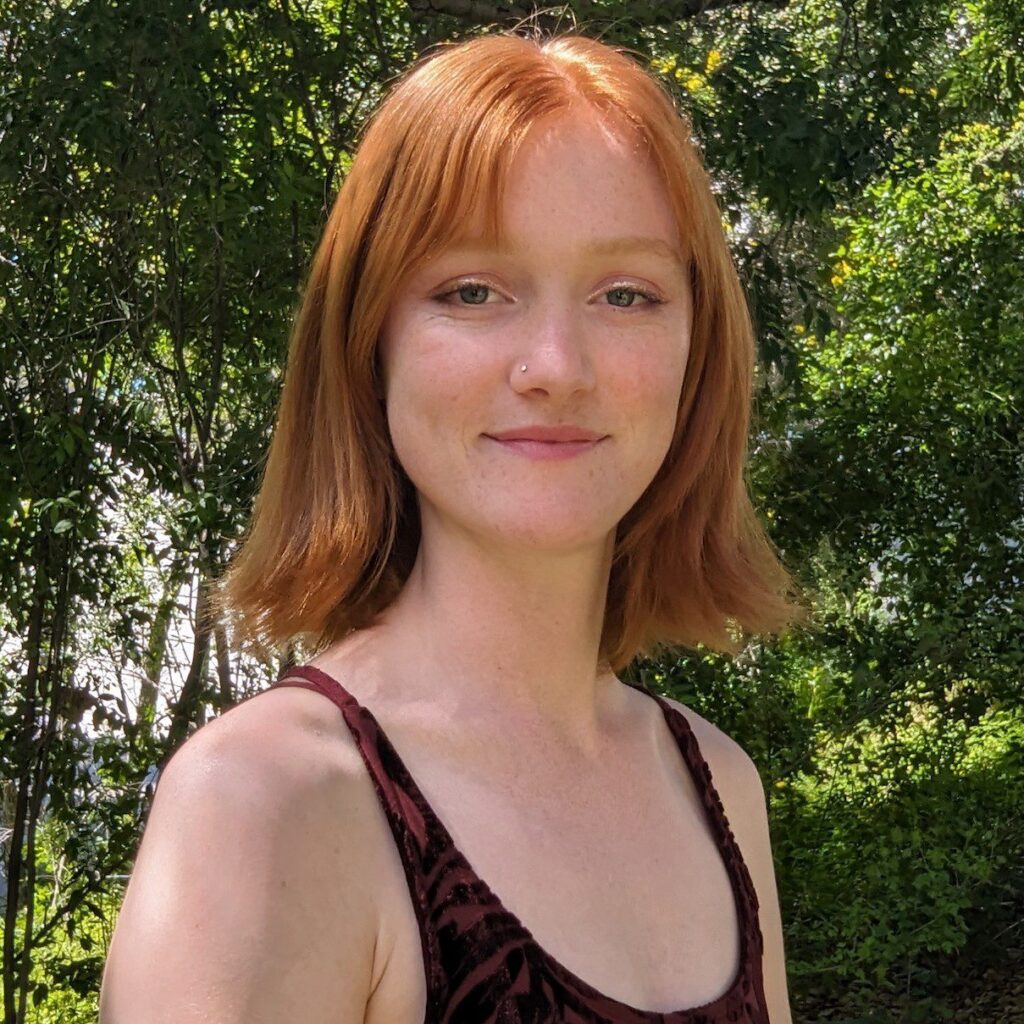
While many have been taught that the middle ages were sexually non-existent, or at least avoidant, that could not be further from the truth. In the Early Irish Sagas (c. 8th – 12th centuries) stories of sex, infidelity and more are rampant. These stories, all of which were recorded by monastically trained scribes, are an incredible trove of information on the Early Irish opinions toward sexuality. Yet, as the field has opened in terms of gender studies, it still shies away from sex and even more so from the study […]